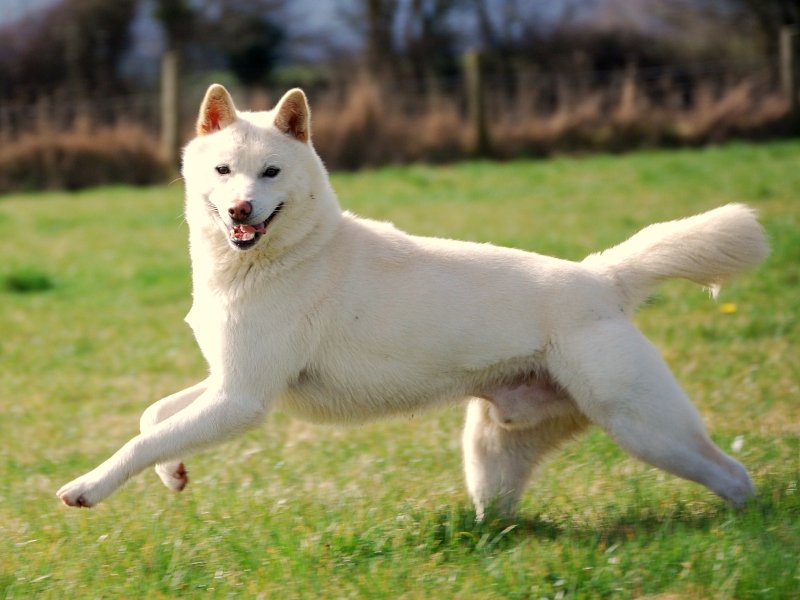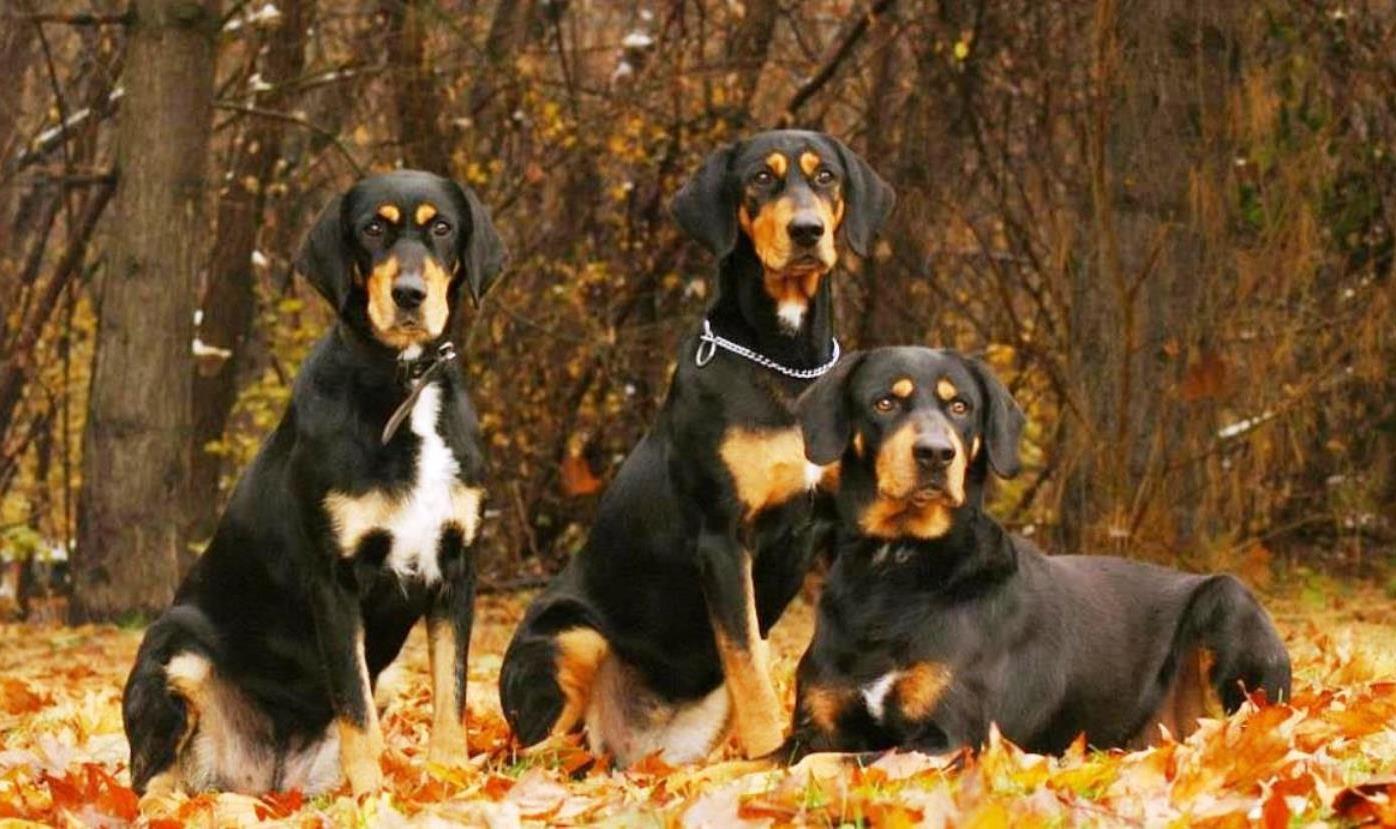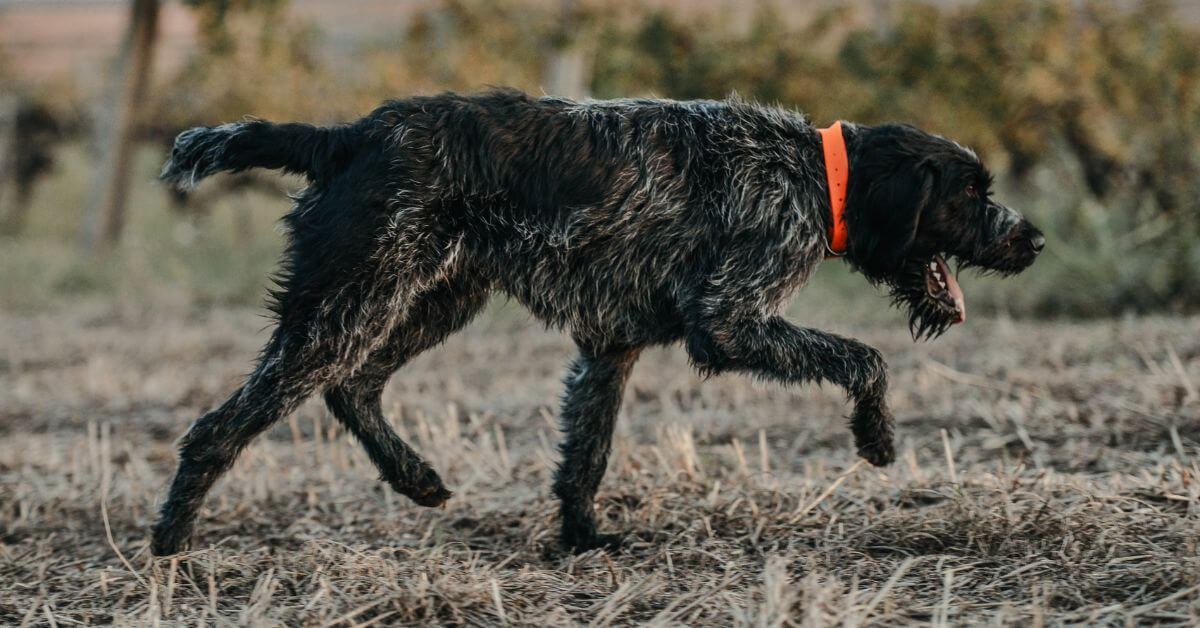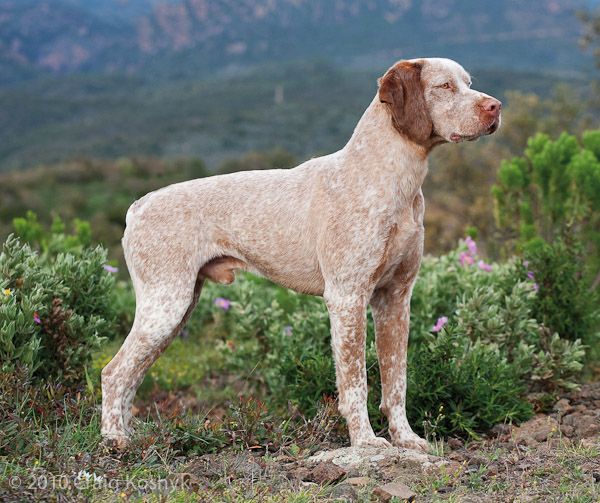Introduction
The Korean Jindo is a medium-sized dog breed that originated in Jindo Island, South Korea. Known for their loyalty and independence, Jindos are often used as hunting dogs, guard dogs, and family pets. They have a thick double coat that comes in a variety of colors and requires moderate grooming. Jindos are intelligent and trainable, but can also be stubborn and require consistent socialization and training from an early age. They are fiercely loyal to their families and can be reserved or suspicious of strangers. Jindos thrive in active households with experienced dog owners who can provide them with plenty of exercise and mental stimulation.
Korean Jindo Temperament
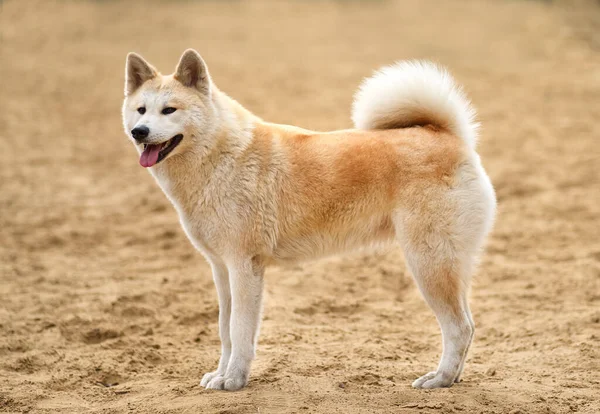
The Korean Jindo breed is loyal, independent, and highly intelligent. They are reserved with strangers and have strong hunting instincts. Proper socialization and training are important to prevent aggressive behaviors towards other pets or animals. They require a confident and experienced owner and can be trained with positive reinforcement techniques.
Aggression
Korean Jindos are a breed that can display aggressive behavior if not properly trained and socialized. They have a strong prey drive and may become aggressive towards other animals, particularly small dogs and cats. Jindos can also be territorial and protective of their family, which can lead to aggression towards strangers or unfamiliar animals. To prevent aggressive behavior, Jindos require early socialization and training to teach them proper behavior around other animals and people. Owners should establish themselves as the pack leader and provide consistent training and positive reinforcement.
Health and Lifespan
The reported lifespan range of the Korean Jindo breed is typically between 12 to 15 years. However, individual dogs may have a shorter or longer lifespan depending on various factors such as genetics, diet, exercise, and overall health. To help ensure a long and healthy life for your Jindo, it is important to provide them with regular veterinary care, a balanced diet, and plenty of exercise.
Food for Korean Jindo
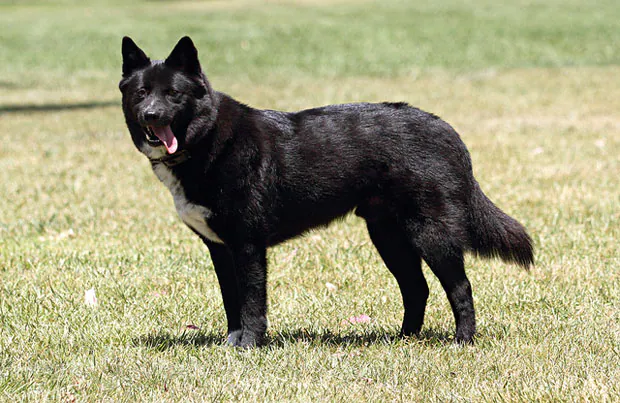
The Korean Jindo is a medium-sized, active breed that requires a balanced and nutritious diet to maintain their health and energy levels. Look for high-quality dog food brands that feature real meat as the main ingredient and avoid foods that contain fillers, by-products, and artificial preservatives. Some Jindo owners choose to feed their dogs a raw or homemade diet, but it’s important to work with a veterinarian or canine nutritionist to ensure the diet is balanced and meets the dog’s nutritional needs.
Training for Korean Jindo
Training a Korean Jindo requires patience, consistency, and a firm approach. These dogs are highly intelligent and independent, which can make training challenging. Positive reinforcement techniques, such as using treats and praise, can be effective in training a Jindo. However, it is also important to establish yourself as the pack leader and to be consistent with rules and boundaries.
Early socialization is important for Jindos to prevent any aggressive behaviors towards other pets or animals. This breed also has a strong prey drive and may have a tendency to chase small animals. Recall training is important for their safety.
Conclusion
In conclusion, the Korean Jindo is a loyal and independent breed that requires early socialization and consistent training to prevent aggressive behavior. They thrive on a balanced and nutritious diet, as well as plenty of exercise and mental stimulation. With proper care and attention, Jindos can make excellent hunting dogs, guard dogs, and family pets. If you’re considering adding a Korean Jindo to your household, be sure to research the breed thoroughly and consult with a reputable breeder or rescue organization to ensure a successful match. With the right training, care, and attention, your Jindo can become a beloved and devoted companion for many years to come.
